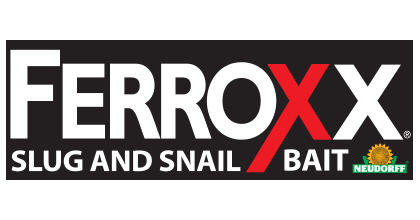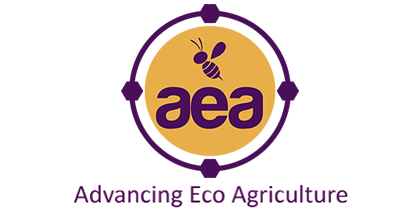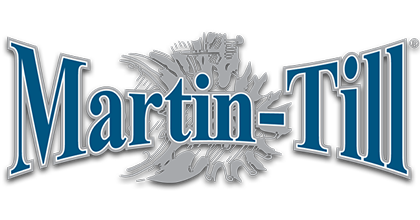SUMMER INTENSIVE SPEAKERS
|
|
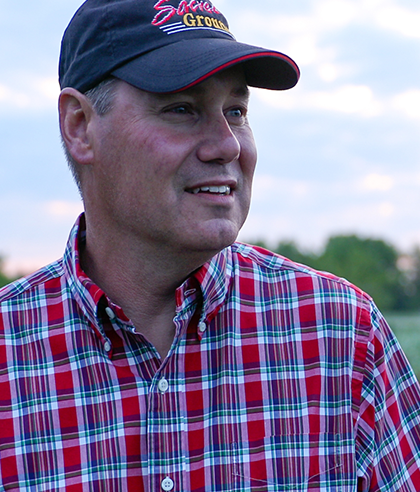
Rick Clark
Grower, Williamsport, Ind.
"Overcoming Challenges of Organic No-Till Systems"
No-tilling and organic practices were once thought to be incompatible. But improvements in technology and the re-emergence of cover crops means some growers, like Rick Clark, are taking advantage of price premiums available on the rapidly growing organic market.
The Williamsport, Ind., no-tiller will share how he’s gradually converting his 7,000-acre operation to organic methods for no-tilling corn, soybeans, alfalfa and field peas. Clark will review how he’s overcoming the inherent learning curves with organic no-till systems and how he plans to convert most of his operation to organic by 2022.
|
|
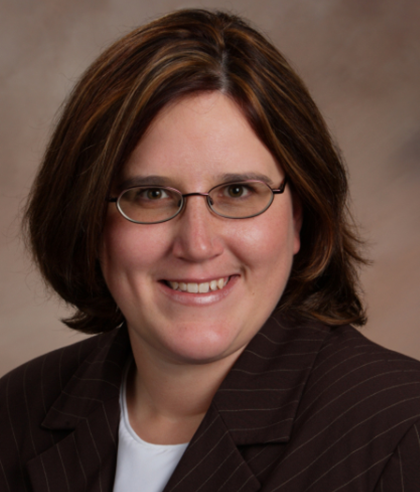
Kris Nichols
Soil Microbiologist and Founder of KRIS Systems
"Going Back to School: Soil Health Assessment 101"
It can be a challenge for farmers early in their no-till journey to get an accurate picture of how healthy soil their soil is, or how much it’s improving. Using the right tools holds the key to getting answers, says Kris Nichols.
The soil microbiologist and founder of KRIS Systems will describe various basic soil health assessment techniques that can implemented on any farm, how to do them and how growers can interpret what they’re seeing in the field. She’ll also review all the newfangled soil health assessment tests and what growers can learn from utilizing them.
|
|
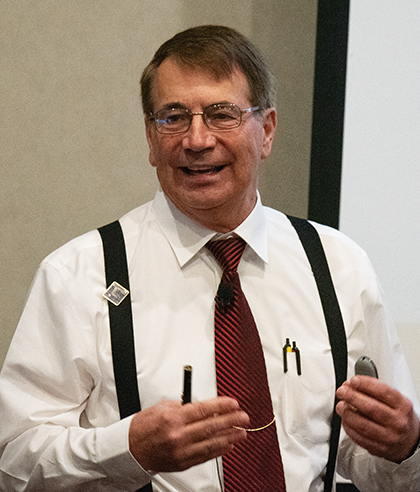
Marion Calmer
Grower, Alpha, Ill.
"Combine Settings to Manage No-Till Residue, Harvest Top Yields"
Marion Calmer takes corn harvest seriously. The Alpha, Ill., no-tiller knows a properly adjusted combine will allow him to harvest every kernel possible, but he needs to process residue to successfully no-till next year’s crop with limited problems from last year’s residue.
Bt stalks, corn-on-corn, narrower rows, higher populations and fungicides all make corn residue difficult to decompose and turn into humus and organic matter. Calmer will offer his best tips for a highly functioning combine, including his No. 1 most profitable adjustment.
|
|
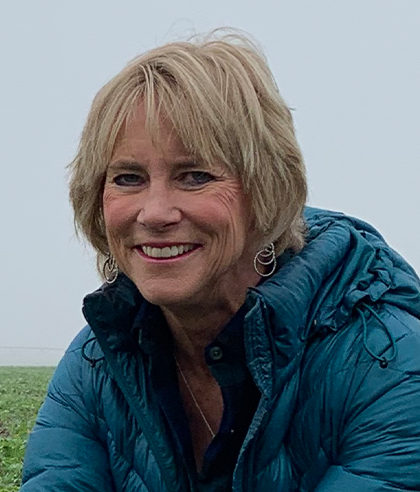
Annie Dee
Grower, Aliceville, Ala.
"Using Precision Technology to Boost Your Irrigation ROI"
With 54 inches of annual average rainfall, most wouldn’t think Annie Dee wouldn’t need irrigation on her 4,000-acre farm. But often the rain shuts off in late summer and isn’t available during the critical developmental stages of corn — costing the family farm precious yield and income.
The Aliceville, Ala., no-tiller will discuss the advanced irrigation system installed for 3,000 acres on her operation, including a reservoir that collects runoff, high-efficiency pumps and utilization of Lindsay’s FieldNET program that ties together different technology platforms on her farm. Dee will also discuss the return on investment she’s seen after implementing irrigation in 2011 to water crops at critical growth junctures to increase yields.
|
|
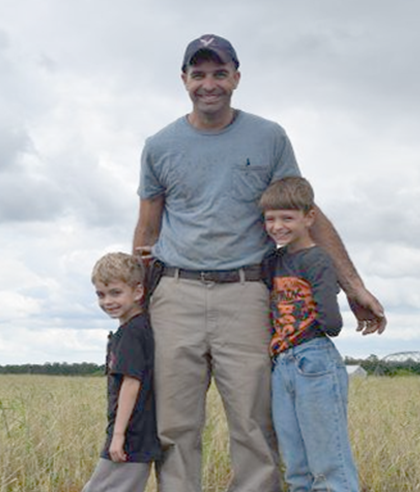
Jay Baxter
Grower, Georgetown, Del.
"Making No-Till, Cover Crops Work with Processing Vegetables"
No-till practices are often said to be incompatible with processing vegetable crops like black eyed peas, edamame or lima beans since they require machine harvest that greatly disturbs the soil. But Jay Baxter has found a way to make no-till work in this system.
The Georgetown, Del., grower will describe how he implemented no-till practices for vegetables while avoiding the much-feared yield drag, and he’ll show what cover crops brought to the game to fight harvest compaction, beat back weeds and reduce herbicide applications — all adding to his operation’s bottom line.
|
|

John Kempf
Founder of Advancing Eco Agriculture
"Gauging Product Effectiveness, Reducing Waste with Plant Sap Analysis"
Although soil sampling is a foundation for managing nutrients effectively, many no-tillers would like to pinpoint plant nutrient deficiencies during the growing season before they happen. Utilizing plant sap analysis can show plant mineral levels and highlight nutritional deficiencies and excesses before they cause any damage, says John Kempf.
The founder of Advancing Eco Agriculture will briefly explain the basics of using sap analysis effectively and then shift to illustrating how the test can be used to identify wasted nutrient applications, evaluate product effectiveness and performance and develop responsive, custom nutrient application programs for their farm to optimize crop health and yields.
Watch Now:
Special Session Preview with John Kempf
|
|
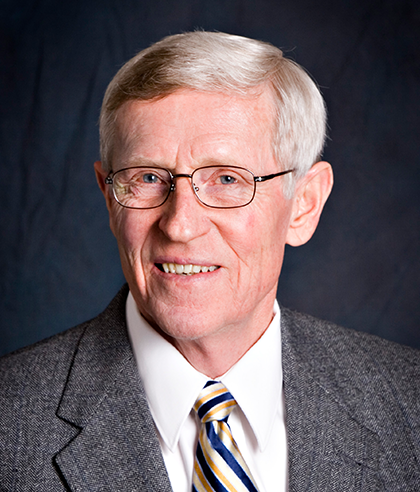
John Ikerd
Professor Emeritus, Author and Ag Economist
"Filling the Bin with New Market Opportunities"
An ongoing quest for alternatives to conventional food choices has been magnified by the coronavirus pandemic. The movement to mitigate global climate change, coupled and growing scientific evidence of the environmental and public health impacts of the industrial agri-food system, had already fueled explosive growth in organic food sales and triggered a vibrant local food movement says John Ikerd.
During the COVID-19 crisis, farmers with direct access to customers through farmers markets, CSAs and local food hubs experienced greater demand than they could possibly supply. A professor emeritus, author and ag economist, Ikerd will explain the importance of internet marketing options to respond to new market demands and help no-tillers learn and share perspective on the potential of no-tilling to benefit from these new and emerging food markets.
|
|
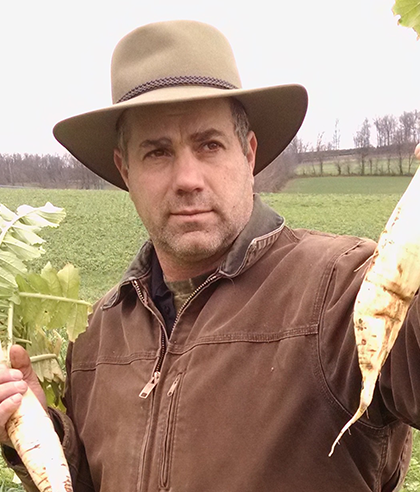
Steve Groff
Grower, Holtwood, Pa.
"Top Tips for Succeeding with No-Tilled Hemp"
The hemp industry has been booming in the U.S. and has long-term promise as an alternative crop. But hemp is a lot different than traditional row crops and there’s a learning curve when it comes to seeding practices, genetics, harvest methods or dealing with the legal requirements, says Steve Groff.
The Holtwood, Pa., no-tiller, cover crop coach and owner of Hemp Innovators will share his experiences raising hemp for the CBD market and provide attendees with an understanding of what’s required to break into this market, the equipment and fertility requirements, and what mistakes to avoid. He’ll also how cover crops can be incorporated with hemp plants to facilitate soil health and provide nutrients for optimal growth.
|
|
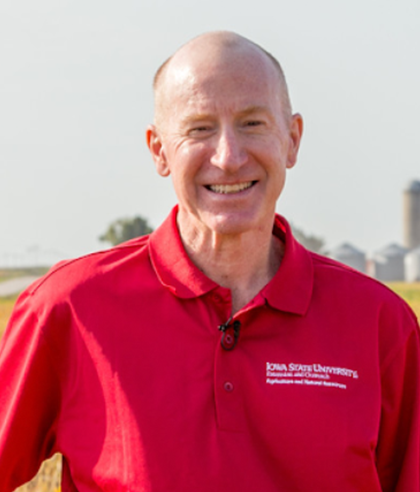
Bob Hartzler
Weed Specialist, Iowa State University Extension
"Is Weed Seed Control at Harvest in Your No-Till Future?"
The rapid increase in herbicide-resistant weeds requires the introduction of alternative control strategies, including harvest weed seed control (HWSC) as a tactic to prevent seeds from being thrown by the combine back into the field with chaff and crop residue during harvest.
Iowa State University Extension weed specialist Bob Hartzler will explain various tactics that comprise HWSC that either destroy the seeds or restrict their spread in the field. Noting that nearly 75% of growers in western Australia are using some version of this control method — such as the Harrison Weed Seed Destructor and other models — Hartzler will discuss different approaches used to intercept weed seeds in combines, and their effectiveness and limitations.
|
|
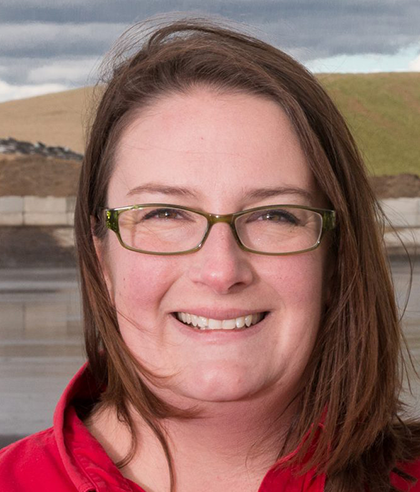
Jamie Patton
Soil Scientist
"Improving Soil Health with Cover Crops"
One of the keys to improving farm sustainability and water quality is the development of soil organic matter, which can boost aggregate stability, water infiltration, soil aeration and fertility. A healthy soil system is also less prone to erosion and decomposition. Jamie Patton will discuss how growing cover crops can contribute to a healthy soil ecosystem.
Patton is a senior outreach specialist for the nutrient and pest management program for the University of Wisconsin. A certified professional soil scientist with a PhD in soil science, Jamie’s expertise is in soil health, cover crops, and nutrient management. Patton will talk about the impact of cover crop roots on the development of soil organic matter and how other farming practices play a role in the overall health of the soil.
|
|
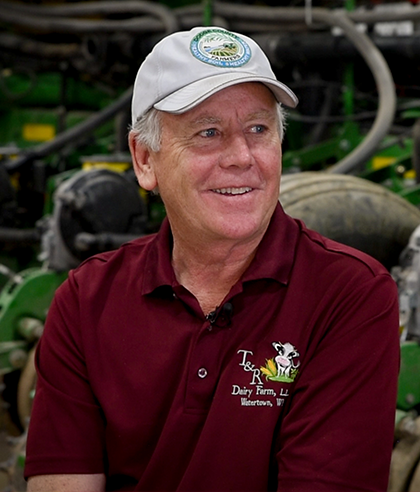
Tony Peirick
No-Till Farmer, Watertown, Wis.
"Reaping the Benefits of No-Till, Covers and Planting Green"
After growing up practicing conventional farming methods, Watertown, Wis., farmer Tony Peirick gradually began adopting conservation practices such as no-till, cover crops and planting green. He’s now a strong advocate for maintaining the principles of soil health and regenerative ag and encourages other farmers in their conservation efforts.
Peirick will talk about how he’s adopted new practices over the years and how he’s benefitting from them today. With outcomes such as reduced inputs, lower labor and equipment needs, better soil health, improved profits, and going without crop insurance, Peirick says no-till has led to a more diversified, independent and resilient operation.
Watch Now:
Special Session Preview with Tony Peirick
|
|
THIS EDUCATIONAL EVENT IS MADE POSSIBLE WITH THE SUPPORT OF:


